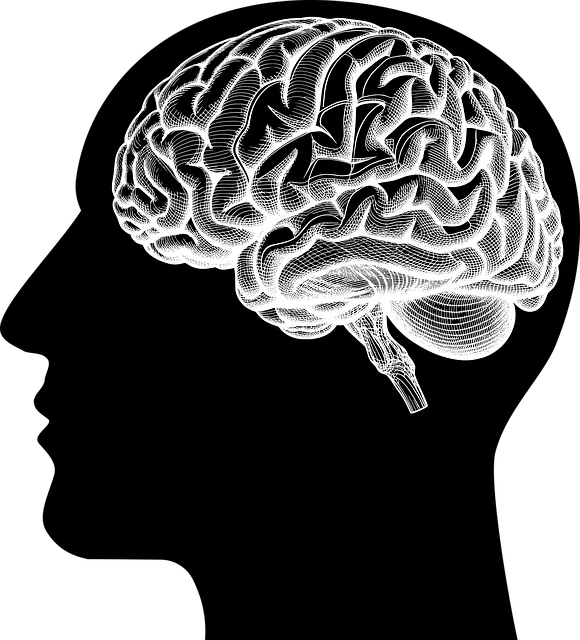Kaiser Permanente mental health Lakewood innovates mental healthcare by integrating social skills training tailored to diverse conditions, empowering patients with coping mechanisms and interpersonal abilities. Their holistic approach combines education with techniques like active listening, empathy development, mindfulness, and stress management, fostering connections, reducing isolation, and enhancing well-being for individuals with anxiety, depression, or PTSD.
Social skills training plays a pivotal role in managing mental health conditions, fostering better interactions and enhancing overall well-being. This article explores how organizations like Kaiser Permanente Lakewood are leading the way in providing comprehensive programs tailored for individuals struggling with anxiety, depression, and related issues. By targeting common challenges, these initiatives equip participants with essential tools for effective social interaction, ultimately improving their quality of life. Discover how such training can be a game-changer in mental health support.
- Understanding Social Skills and Mental Health
- The Role of Kaiser Permanente Lakewood in Training
- Targeting Common Challenges: Anxiety and Depression
- Building Blocks for Effective Social Interaction
Understanding Social Skills and Mental Health

Social skills, a cornerstone of human interaction, play a pivotal role in managing and improving mental health. For individuals navigating conditions like anxiety, depression, or PTSD under the care of Kaiser Permanente mental health Lakewood, understanding and honing these skills can be transformative. Social Skills training involves learning effective communication, empathy, and appropriate non-verbal cues, enabling better connections with peers and support systems. This is particularly crucial in fostering a sense of belonging and reducing feelings of isolation, common challenges faced by many with mental health conditions.
The integration of social skills into mental health education programs design can significantly enhance recovery processes. By participating in group therapy sessions or workshops focused on emotional healing processes, individuals can develop strategies to navigate social situations more confidently. Additionally, Risk Management Planning for Mental Health Professionals emphasizes the importance of teaching these skills to ensure professionals can support clients effectively while minimizing potential triggers during interactions. This holistic approach, combining mental health education and social skills training, contributes to improved outcomes and enhanced quality of life for those seeking emotional healing.
The Role of Kaiser Permanente Lakewood in Training

Kaiser Permanente Lakewood plays a pivotal role in shaping mental healthcare through comprehensive social skills training programs tailored to individuals with various mental health conditions. This commitment is evident in their initiative to empower patients with essential coping mechanisms and interpersonal abilities, fostering a sense of belonging and improved self-esteem.
The organization recognizes the significance of cultural sensitivity in mental healthcare practice, integrating this aspect into their training curriculum. By promoting understanding and appreciation for diverse backgrounds, Kaiser Permanente Lakewood ensures that its trained professionals can provide culturally competent care. Additionally, they offer guidance on Mental Wellness Journaling Exercises, enabling individuals to reflect on their progress, track emotional patterns, and cultivate a deeper sense of mental wellness.
Targeting Common Challenges: Anxiety and Depression

Anxiety and depression are prevalent mental health conditions that often coincide with social skill impairments. These challenges can significantly impact an individual’s ability to interact, communicate, and connect with others in various settings, including at work or within the community. Addressing these specific barriers is crucial for improving overall well-being.
The Kaiser Permanente Mental Health Lakewood Community Outreach Program Implementation recognizes these common struggles and aims to provide targeted support. Through tailored interventions, individuals can learn effective strategies to manage anxiety and depression while enhancing their social skills. This holistic approach not only promotes better mental health but also fosters a sense of belonging and social connection, which is vital for preventing burnout and advocating for positive mental health policy changes on a larger scale.
Building Blocks for Effective Social Interaction

At Kaiser Permanente mental health Lakewood, we understand that effective social interaction is a cornerstone for managing mental health conditions and fostering overall well-being. Building blocks for successful social engagement include cultivating active listening skills, which help individuals better understand others and express their own thoughts and feelings. This involves making eye contact, paraphrasing to confirm understanding, and asking open-ended questions to encourage dialogue.
Furthermore, learning to navigate conversations with empathy and self-awareness is crucial. This includes recognizing triggers that might cause distress or anxiety in social settings, and developing strategies to manage these emotions effectively. Public awareness campaigns and healthcare provider cultural competency training play a significant role in promoting understanding and reducing stigma around mental health conditions, making it easier for individuals to engage in meaningful social interactions. Stress management techniques, such as mindfulness exercises and deep breathing, can also help individuals feel more comfortable and confident in social situations.
Social skills training, as facilitated by organizations like Kaiser Permanente Lakewood, plays a pivotal role in managing mental health conditions such as anxiety and depression. By targeting common challenges through evidence-based practices, these programs empower individuals to navigate social interactions with confidence and ease. Through building blocks like communication strategies and emotional regulation techniques, participants gain the tools needed to thrive in various social settings. Kaiser Permanente Lakewood’s commitment to mental health care includes creating a supportive environment where individuals can learn, grow, and reconnect with their communities.






